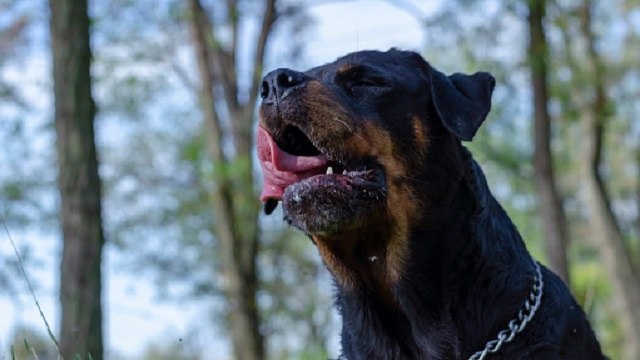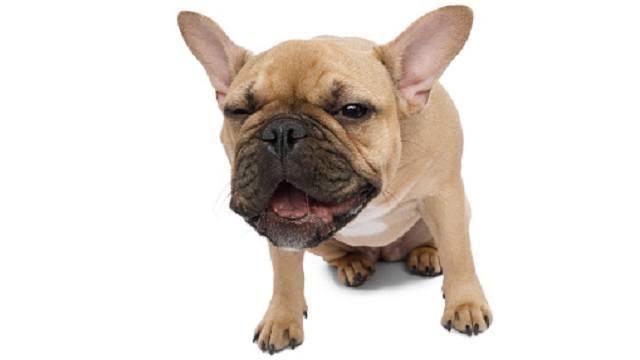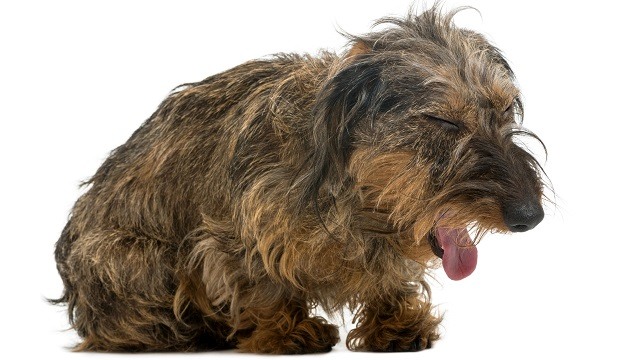Dog Coughing: Symptoms, Causes, and Remedies
Worried about your dog coughing? We’re here to help with a complete guide! Let’s take a look at the causes, symptoms, and treatments of canine respiratory problems.
- Common Causes: Dog coughing can stem from kennel cough, allergies, heartworm, collapsed trachea, pneumonia, or heart disease.
- Vet Visits: Seek immediate vet care if your dog coughs blood, struggles to breathe, or shows lethargy, poor appetite, or fever.
- Treatment Approaches: Treatment varies based on diagnosis; kennel cough may require antibiotics while heartworm needs aggressive interventions.
- Home Care: Keep coughing dogs isolated, reduce irritants, and provide adequate hydration and prescribed medications for comfort.
- Monitoring Recovery: Most coughing dogs recover well with proper care; consult your vet for ongoing concerns or questions.
Common Causes Of Dog Coughing

If you’re a dog owner, you may have noticed your furry friend coughing at some point. Coughing in dogs can be caused by a variety of factors, ranging from minor irritations to serious illnesses:
- Kennel Cough. This is a highly contagious respiratory infection that is caused by a combination of viruses and bacteria. Dogs who spend time in boarding kennels, dog shows, or other places with a lot of dogs are more susceptible to kennel cough. Symptoms include a dry, hacking cough that may be followed by retching or gagging.
- Allergies. Dogs can be allergic to many of the same things that humans are, including pollen, dust, and mold. Allergies can cause coughing, sneezing, and other respiratory symptoms.
- Heartworm. This is a serious and potentially life-threatening disease that is spread by mosquitoes. Heartworm can cause coughing, difficulty breathing, and other symptoms.
- Collapsed Trachea. Small dog breeds are particularly susceptible to a condition called a collapsed trachea, in which the windpipe collapses and causes coughing, wheezing, and difficulty breathing.
- Pneumonia. This is an infection of the lungs that can be caused by a variety of bacteria, viruses, and fungi. Symptoms include coughing, fever, and difficulty breathing.
- Heart Disease. When your dog’s heart is not functioning properly, fluid can build up in the lungs, leading to chronic coughing.
When To See A Vet For Your Dog’s Coughing

You should take your dog to the vet immediately if you notice that it is coughing up blood or having difficulty breathing. Prompt medical attention should also be sought if you notice any other symptoms such as lethargy, poor appetite, or a fever.
Your vet will perform a physical exam and may recommend diagnostic tests, such as X-rays or blood work, to determine the cause of your dog’s cough. With proper diagnosis and treatment, you can help your furry friend recover and get back to their happy and healthy self.
If your dog seems otherwise fit and well, you can wait a day or two to see if the cough resolves by itself. During this time it is wise to prevent your dog from meeting any canine pals, to slow the spread of any potentially infectious disease. You should also restrict your dog’s exercise to reduce the risk of damage to the lungs – that means play-dates and long hikes are out of the question!
How Are Coughs In Dogs Diagnosed And Treated?

The treatment for a coughing dog depends on the underlying cause. For example, kennel cough can usually be treated with antibiotics and cough suppressants. Heartworm requires more aggressive treatment, such as injections to kill the worms.
If your dog has a chronic cough, your vet may recommend additional testing, such as a bronchoscopy or CT scan, to get a closer look at your dog’s respiratory system.
Caring For A Coughing Dog At Home

When your dog is recovering from a cough, you can take several steps to make them feel more comfortable. Keep your dog isolated from other dogs to prevent the spread of any infection… And prevent your dog from overexertion to allow the delicate lung tissue time to heal.
Reduce airborne irritants in the home by switching to eco-friendly products and vacuuming regularly. Using a humidifier to keep the air moist can help soothe your dog’s airways.
When caring for a coughing dog, it’s also important to ensure that your pal is eating/drinking enough and to give them any medications prescribed by your vet. You might consider giving your dog natural remedies like honey or herbal teas to soothe their throat… But check with your veterinarian first.
With proper diagnosis and treatment, most coughing dogs can make a full recovery. Your canine pal will be back to full fitness in no time at all! If you’ve got any questions about caring for a coughing dog, Maven’s vet team is here to help.
Maven Pet focuses on improving the quality of life of our pets with technology, using artificial intelligence (AI) to enable proactive pet care. By accurately collecting and monitoring pet data 24/7 and flagging any irregularities, Maven Pet empowers pet parents and veterinarians to stay ahead of potential health issues, ensuring the well-being and longevity of our beloved companions.




